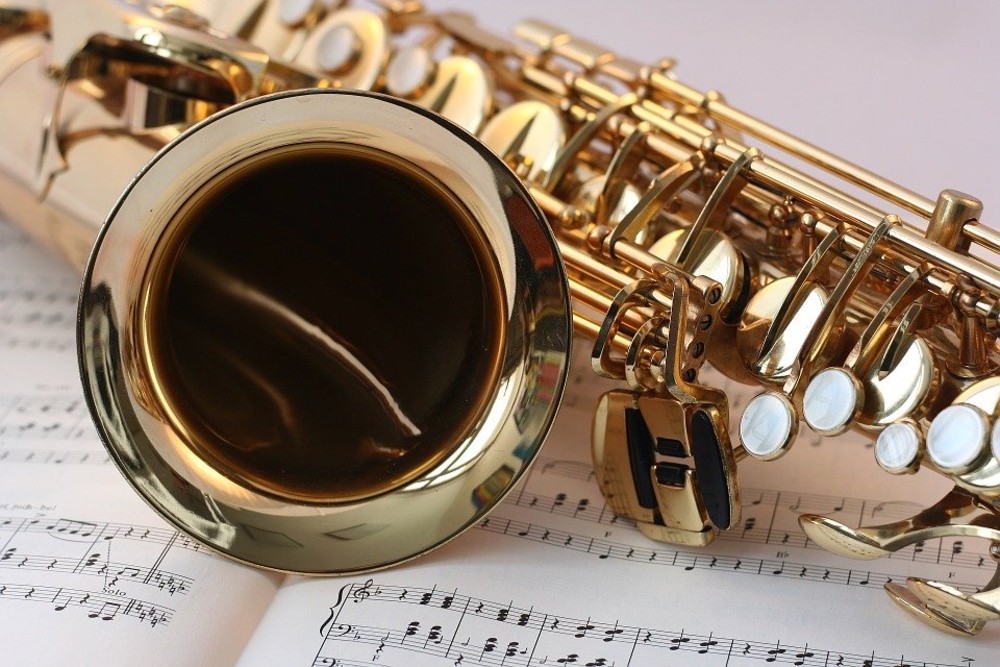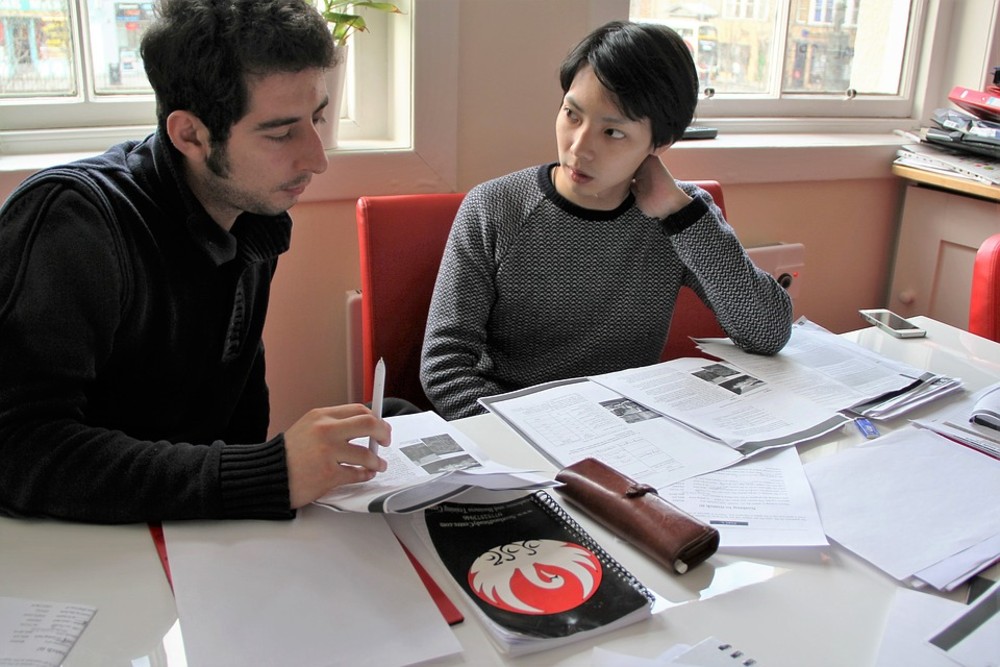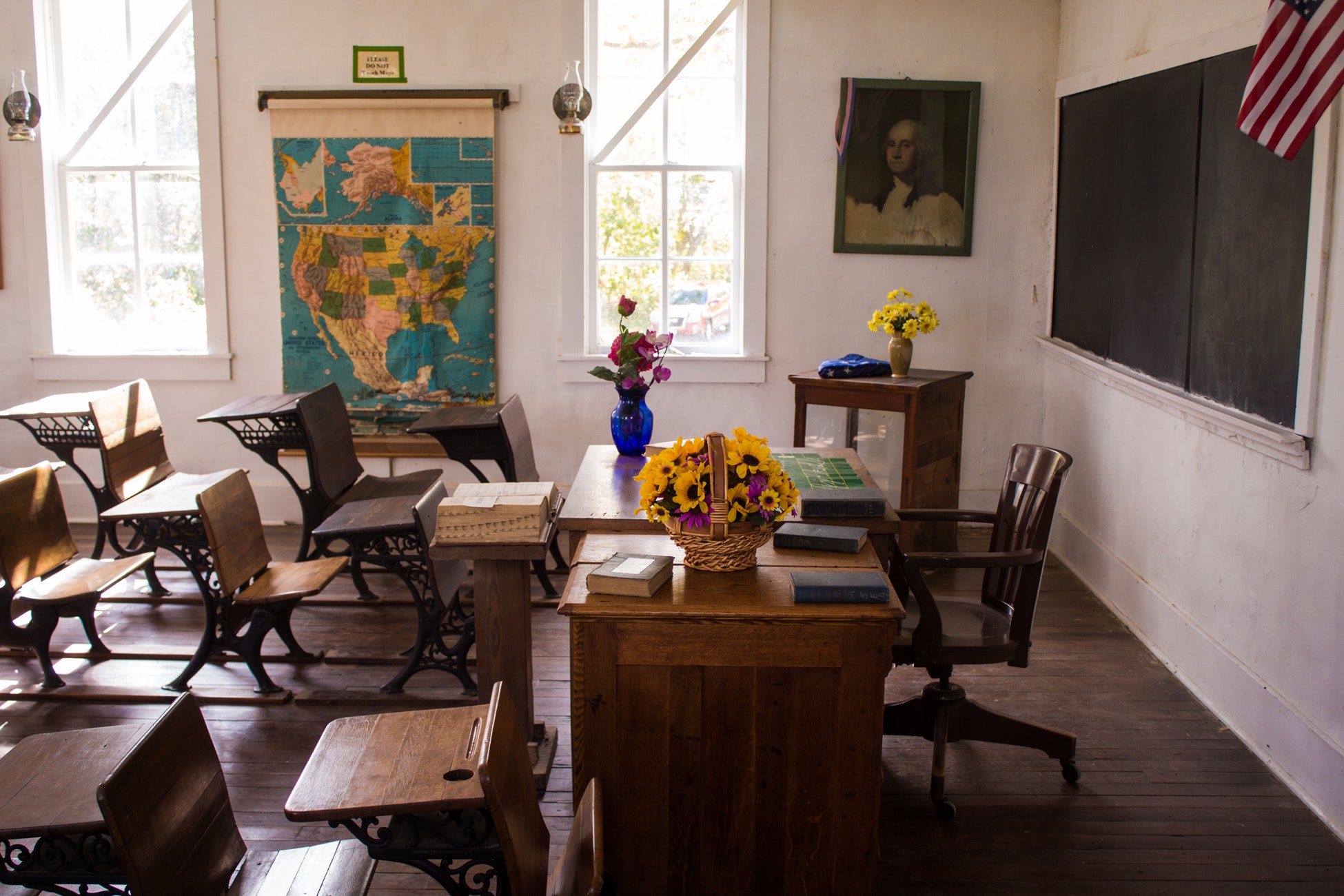63 percent of Australian schools do not have musical classes. An ABC documentary has inspired people to donate over 7,000 musical instruments to donate to these schools.
Australian Broadcasting Corporation (ABC) documentary titled ‘dont stop the music’ that highlighted the crisis of lack of musical instruments and classes has led to kind gestures from people of goodwill. Over 7,000 musical instruments have already been donated to the program.
The donation drive has been spearheaded by the ABC with Musica Viva and the Salvation Army to help close the gap that exists between school offering musicals and ones that dont. It is estimated that 63 percent of schools in Australia do not offer musical classes at all.
Distribution of musical instruments
2,500 musical instruments have already been distributed to over 100 schools and the remaining instruments will be distributed within the coming year. Many students have benefitted from this program. They have indicated that it is helping them advance their passion for music.
The reason for poor musical coverage in Australian schools has also been partly blamed on the learning curriculum of teachers. A degree program for teachers only contains 17 hours of musical lessons. Many experts have indicated that this might be the reason why music education is lurking behind in Australia. In comparison to countries such as Finland which teachers receive 350 hours in musical training, it becomes clear where the problem might be.
Importance of music for young kids
Scientifically, music is essential for the development of kids. For instance, kids from poor backgrounds with no means to listen to music or participate grow up listening to 30 million fewer words by the time they are five. This can be detrimental to a child’s mental development according to scientists.
This underpins the importance of musical education in the Australian education system. Dr. Anita Collins, a neuromusical educator and a consultant to Challis summarises this by saying,
It trains our largest information gathering sense, our hearing, to make meaning and take information from all the sounds around us, for that reason music learning has never been more important in every child’s development because our world has never been as noisy as it is today.
The program is giving hopes to kids who have aspirations to one day pursue a carrier in the music industry. It is also inspiring a crop of new generations of musicians, according to organizers of the event.
Featured image by Pixabay







